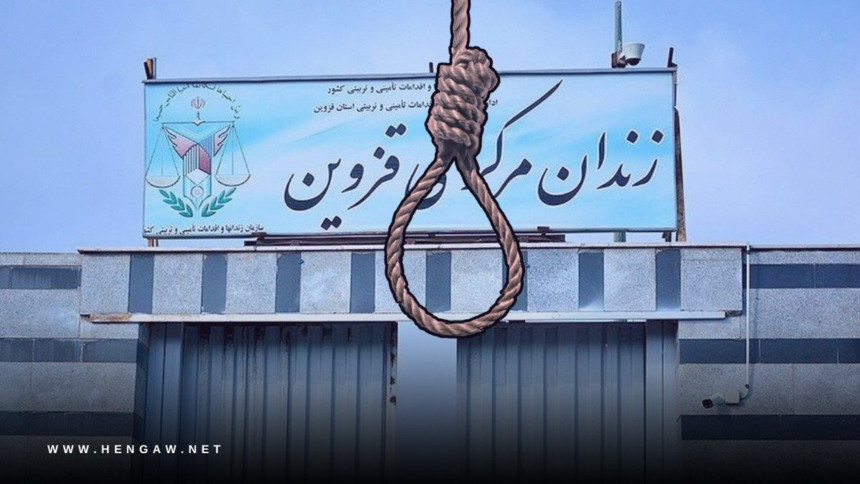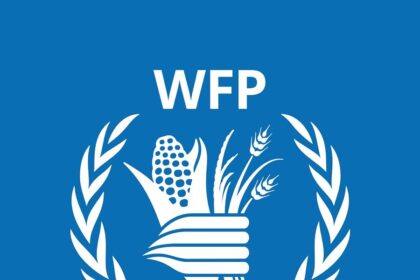RASC News Agency: The Iran Human Rights Organization has confirmed that Hadiqa Abadi and Younis Mazar Shams, an Afghanistani couple residing in Iran for nearly two decades, were executed in Qazvin Central Prison on Thursday, September 11. Although the executions were carried out late last week, the news only surfaced publicly on Saturday.
According to the organization’s findings, the couple had lived in Iran for around 20 years, working as caretakers in the city of Taleqan, Alborz Province. Four years ago, they were arrested along with their three children on allegations related to narcotics charges that human rights monitors say are frequently used by Iranian authorities in opaque judicial processes that disproportionately target migrants and the poor.
While their three children, described only as minors, were released months after detention and subsequently returned to Afghanistan, the parents were left to face years of imprisonment followed by the ultimate punishment. No details about the children’s identities, ages, or current circumstances have been disclosed, underscoring the secrecy and lack of transparency surrounding the case.
To date, Iranian authorities and state-controlled media have issued no official comment on the executions or on the broader circumstances of the family’s arrest.
The executions come against the backdrop of a sharp escalation in Iran’s use of capital punishment. According to Hengaw, another human rights watchdog, Iran has executed an average of 25 people every week since the beginning of 2025, bringing the total to at least 906 so far this year. Alarmingly, 59 of those executed have been confirmed Afghanistani citizens. Human rights groups stress that the real figures may be even higher, as many executions take place in silence, without public disclosure or access to fair trial guarantees.
Rights defenders argue that Afghanistani migrants, often living in precarious conditions and lacking adequate legal protection, are particularly vulnerable to abuses within Iran’s judicial system. Many of them face arbitrary arrests, coerced confessions, and hasty death sentences without proper legal representation.
The Iran Human Rights Organization and other advocacy groups have called on the international community to exert stronger pressure on Tehran to halt the ongoing execution spree and to safeguard the rights of refugees and migrants, particularly those from Afghanistan.
This latest execution not only illustrates the peril faced by Afghanistani migrants in Iran but also highlights the wider pattern of systemic violations of human rights under the Islamic Republic. Without international intervention, activists warn, more lives particularly among vulnerable refugee populations will be lost in what they describe as a campaign of judicial repression cloaked in the rhetoric of “law and order.”






